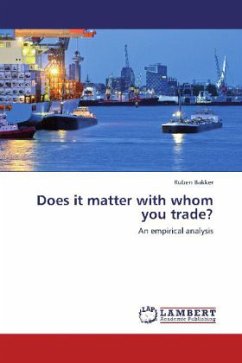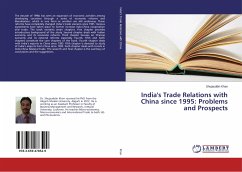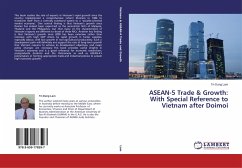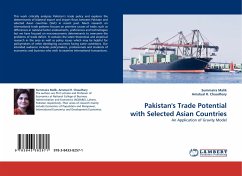Globalization can have different effects on an economy depending on its size. In general, big economies are more likely to influence smaller economies than the other way around. But does this really occur? Does it matter with whom you trade? This book focusses on the question whether it is better for the economic growth of a country to trade with a larger or with a smaller economy. It starts with an overview over the relevant literature concerning foreign influence and welfare, cross-border externalities and spillovers and trade and growth. In the second part, these insights are empirically tested, with GDP per capita growth as the dependent variable. Together with some structural characteristics, like initial GDP per capita and population growth, the effect of openness is measured. Furthermore, two interaction terms are used to test whether the relative size and the relative wealth of the main trading partners of a country matters for its economic growth.
Bitte wählen Sie Ihr Anliegen aus.
Rechnungen
Retourenschein anfordern
Bestellstatus
Storno








